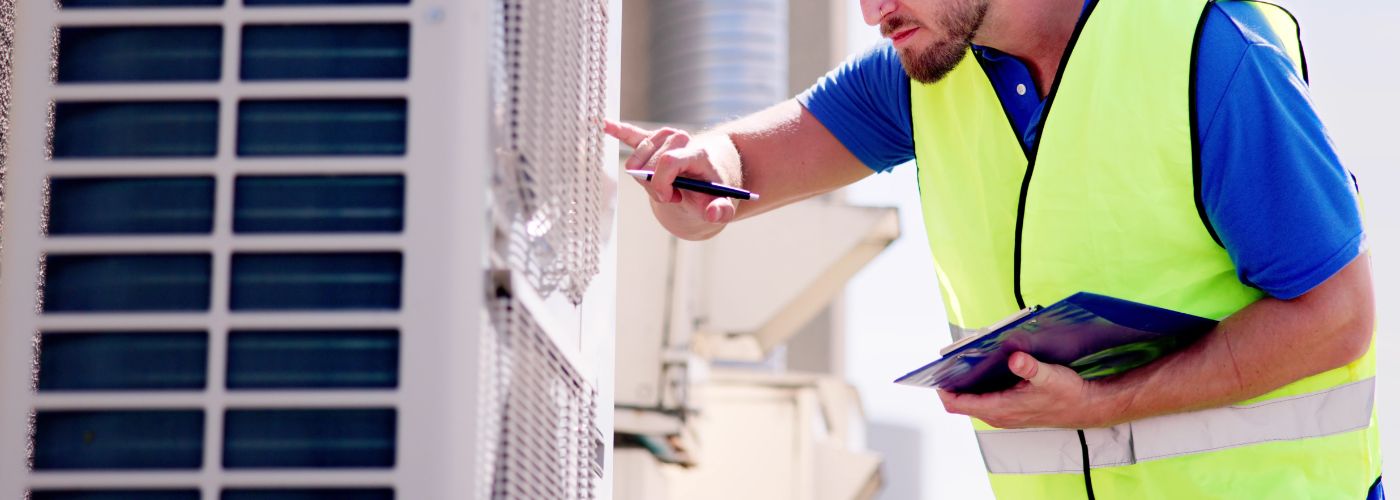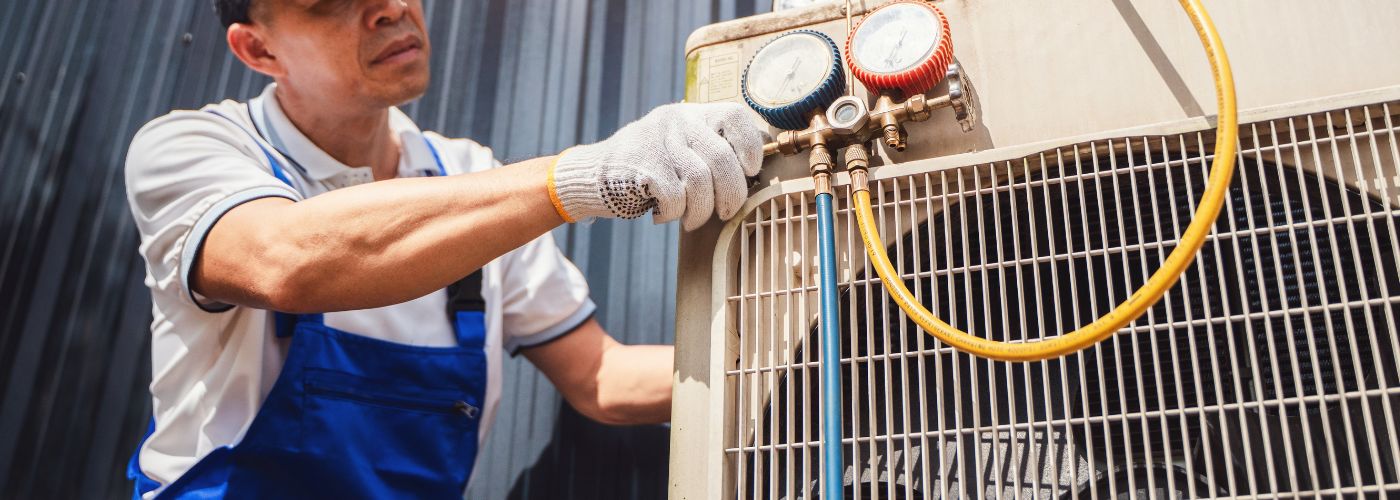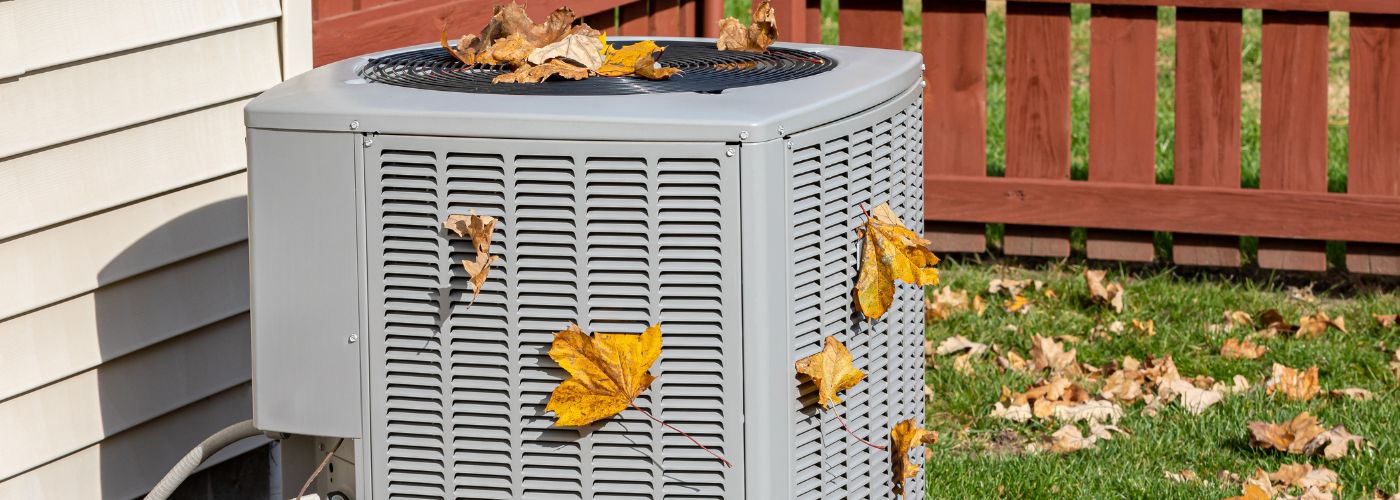Did you know that neglecting your HVAC system before winter can lead to costly repairs down the line? As the temperatures drop, ensuring your heating system is ready for action is crucial. This article shares essential HVAC maintenance tips before winter, helping you keep your home warm and your bills low. By following these tips, you can avoid unexpected breakdowns and enjoy a cozy winter season.
Must-Do HVAC Maintenance Before Winter
Prepare your HVAC system early to keep it running smoothly when the temperature falls. Start by checking every room vent. Make sure no furniture or rugs block them. Blocked vents can trap airflow and make your home unevenly warm.
Next, look at your thermostat. Set it a few degrees higher and listen for your system to turn on. If it doesn’t, you may need new batteries or a quick calibration. Tighten any loose electrical connections you see around the thermostat. This can prevent short circuits or power loss later on.
It’s also smart to check visible ductwork. Look for cracks or holes and seal them with foil tape. This simple step helps prevent warm air from escaping and lowers your energy bill.
Schedule a Professional Inspection
Hiring a professional to inspect your system is a smart move before temperatures drop. A trained technician can find small issues early, such as worn components, weak motors, or damaged wiring. These small problems can turn into big repairs if ignored.
An inspection often includes checking the thermostat, cleaning coils, tightening electrical parts, and testing safety controls. The technician should also check the heat exchanger for cracks. A damaged heat exchanger can cause carbon monoxide leaks, which are dangerous.

Keep an eye out for warning signs like unusual noises, fluctuating temperatures, or an increase in energy bills, as these can indicate underlying issues with your heating system.
Inspect Insulation: Seal Gaps to Prevent Heat Loss
Good insulation keeps heat inside, which saves energy and ultimately money. Check around your windows, doors, and attic for gaps or drafts. Small leaks can let cold air sneak in and warm air escape. Use weatherstripping or caulk to seal these openings.
Attic insulation is especially important. Warm air rises, so a poorly insulated attic can waste a lot of heat. Add or replace insulation using fiberglass or foam board materials.
Fiberglass batts are affordable and easy to install, while foam boards offer strong protection for walls and basements.
Also, check the door between your home and garage. Many homeowners forget this spot, but sealing it helps keep indoor temperatures stable. Every small fix adds up to better comfort and lower energy use.
Clear Debris from Outdoor Units for Efficiency
Outdoor units need room to breathe. Dirt, branches, and leaves can block airflow, forcing your system to work harder. Use a garden hose to gently rinse away dust or mud from the metal fins. Be careful not to bend them.

Trim nearby plants or shrubs so they stay at least two feet away from the unit. This open space keeps air moving and improves efficiency. You can also place a simple cover over the top when not in use to protect it from snow buildup, but never block the sides.
Regular cleaning not only improves heating performance but also helps your system last longer. An outdoor unit free from debris is one that won’t overheat or freeze up during the coldest months.
Clean the Furnace or Boiler for Optimal Performance
Your furnace or boiler works hard every winter. Keeping it clean helps it run safely and efficiently. Begin by turning off the power to the unit. Then vacuum dust from around the burners and heat chamber. Clean parts mean better airflow and less strain on the system.
Check the pilot light or ignition system. It should burn bright blue, not yellow. A yellow flame could signal a problem with ventilation or gas flow. If you notice odd noises or smells, call a professional to inspect it right away.
Cleaning your furnace also helps prevent unexpected breakdowns. Even a quick cleaning can reduce the load on the motor and improve air quality throughout your home.
Install Programmable Thermostats for Better Control
Installing a programmable thermostat is a smart and simple way to manage comfort and reduce heating costs. It helps you control temperatures throughout the day without needing to adjust them manually.
Many people believe turning off the HVAC system while at work and switching it back on later saves energy. In reality, that’s a common myth. When you completely shut off the system, your home becomes much colder on a winter day.
Once you return and turn it back on, your system must work harder and run longer to restore the desired temperature. This sudden demand actually increases energy use and puts extra strain on your equipment.
A programmable thermostat avoids this problem by maintaining steady, moderate temperatures. Instead of shutting off completely, it keeps the system running efficiently at lower levels until it’s time to warm up again.
Frequently Asked Questions (FAQ)
It’s recommended to schedule a professional HVAC inspection at least once a year, ideally in the fall before temperatures drop. This ensures your heating system is clean, efficient, and ready to perform when you need it most.
Good insulation helps retain heat and reduces the workload on your HVAC system. By sealing gaps and insulating areas like attics and basements, you prevent warm air from escaping — keeping your home comfortable while lowering energy costs.
Common issues include dirty air filters, thermostat malfunctions, blocked vents, and duct leaks. Addressing these early through regular maintenance can prevent uneven heating, poor air quality, and unexpected breakdowns.
Debris such as leaves, dirt, and snow can block airflow and force your system to work harder, reducing efficiency. Keeping the area around your outdoor unit clean helps maintain consistent performance and extends the unit’s lifespan.
Yes. Programmable thermostats allow you to customize temperature settings throughout the day, reducing energy use when you’re away or asleep. This not only improves comfort but can also lower your heating costs during winter.
